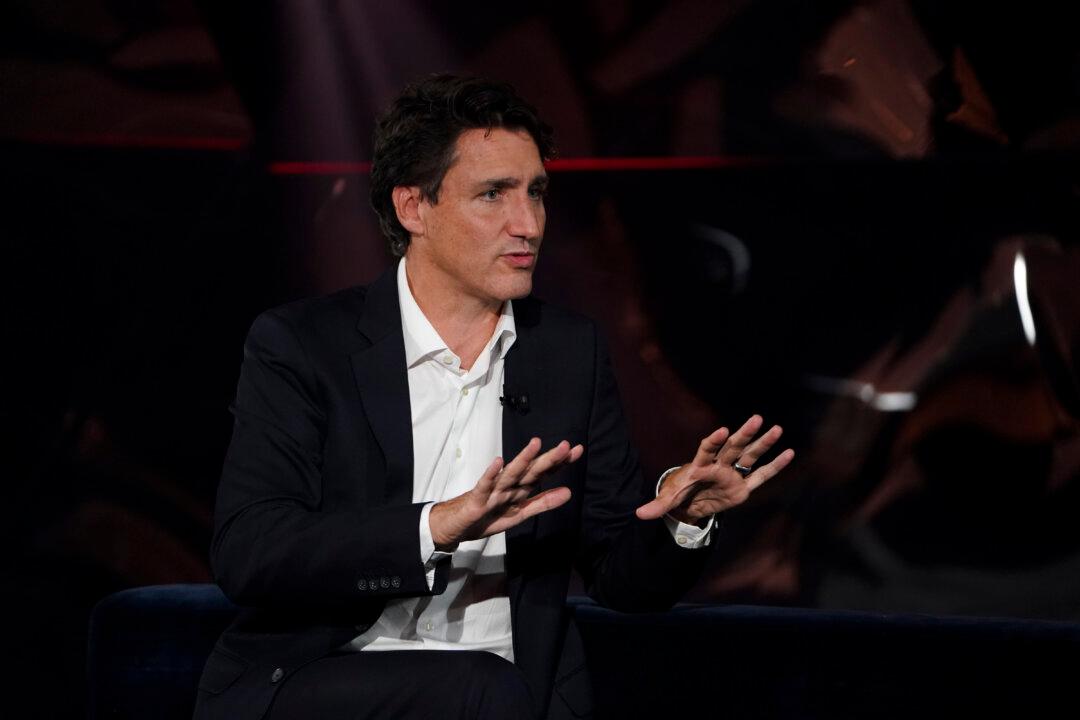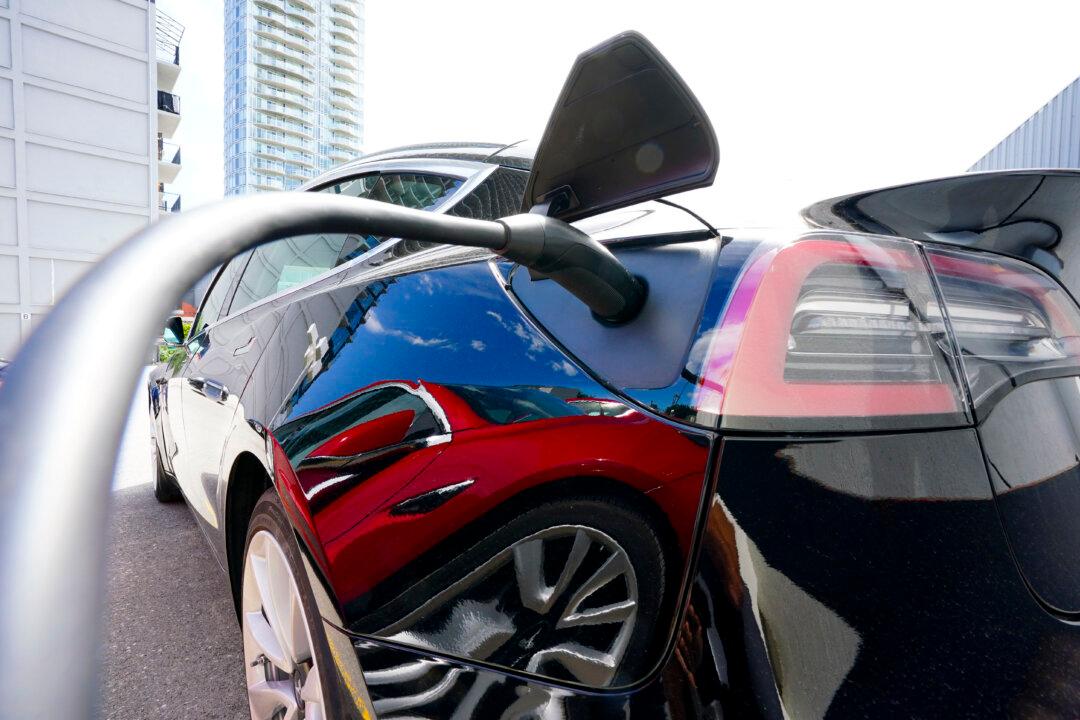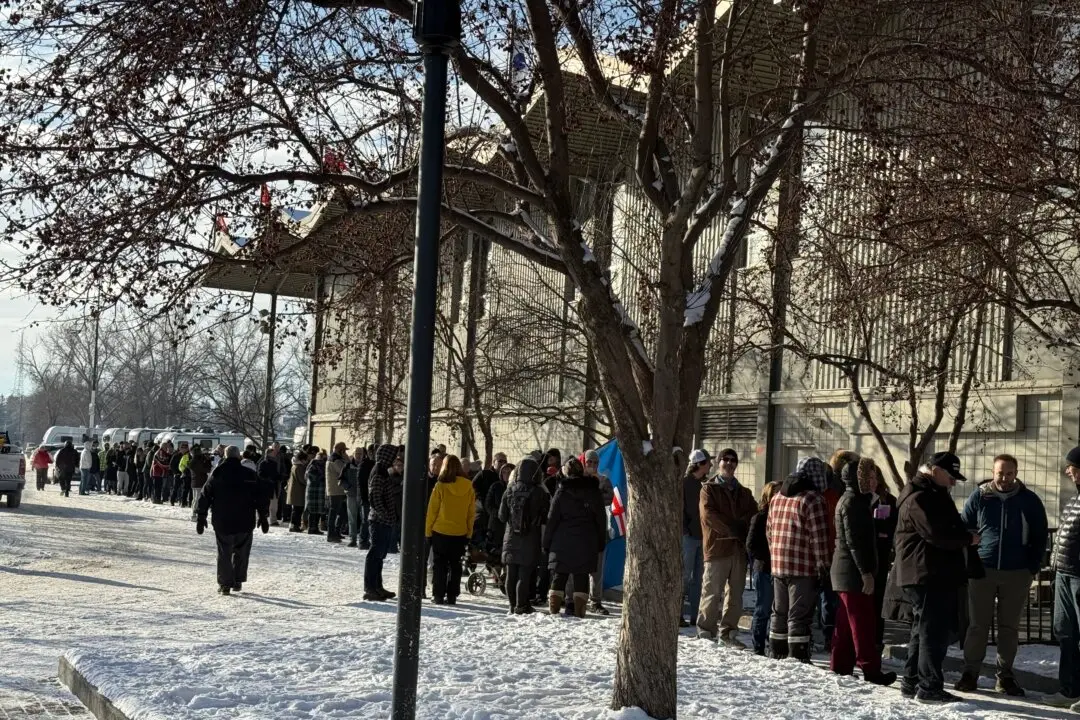Commentary
Staking out ground in an election is all part of campaigning. You need to distinguish yourself from your rivals and create a brand that people want to be a part of. While divide-and-conquer tactics are standard play in elections, the vitriolic and divisive atmosphere fostered in this election is unprecedented.





